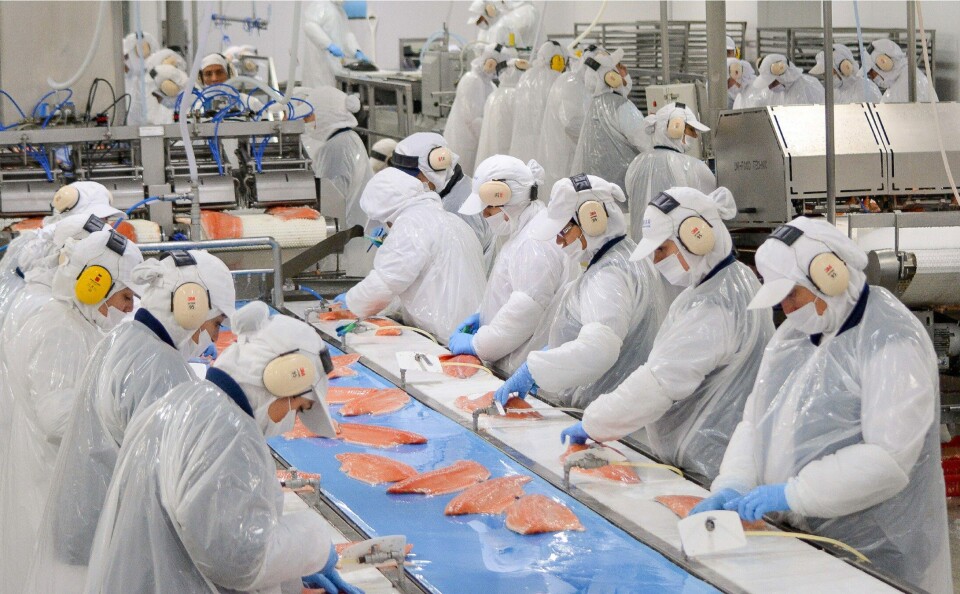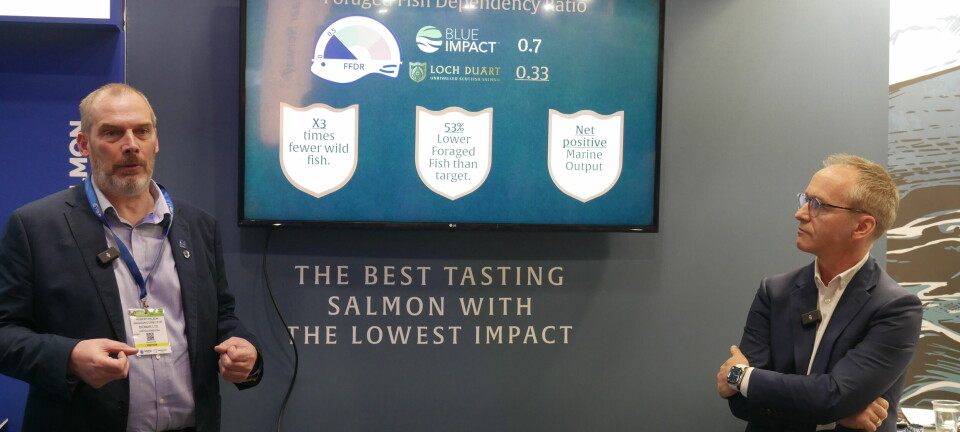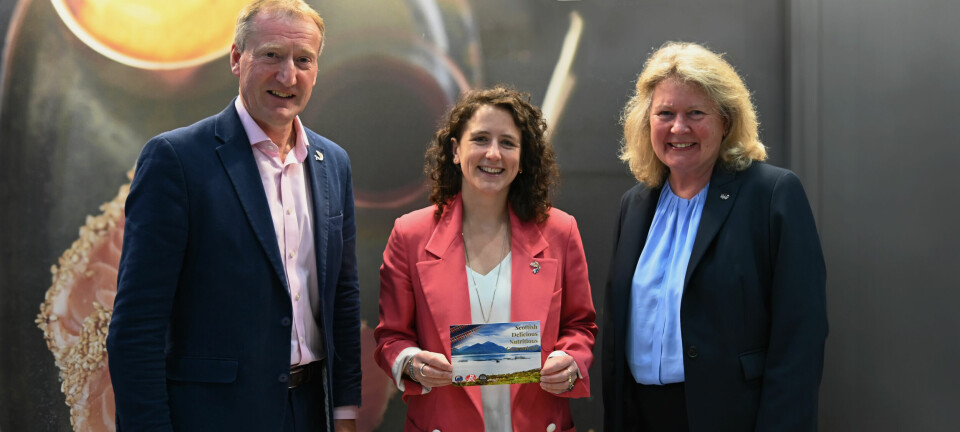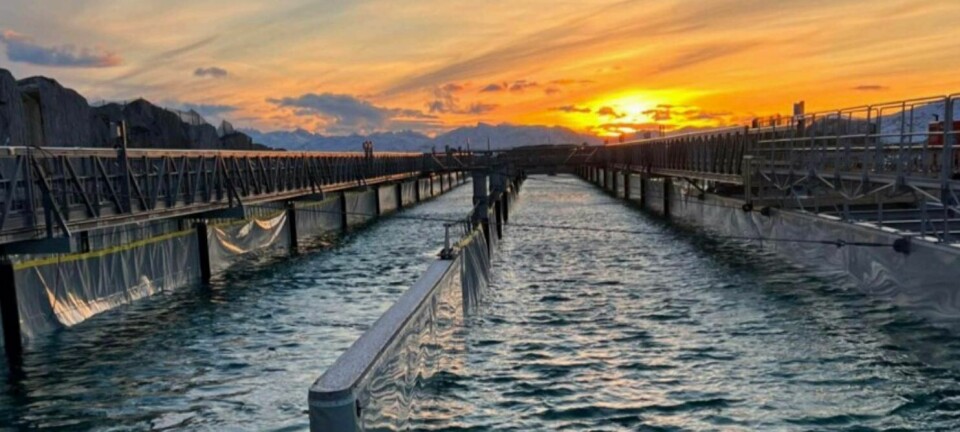
Blumar backs salmon resurgence
When the facility first opened in 2003 it was set up to produce hake fillets and jack mackerel surimi. Last Monday, however, the production lines, which had gradually begun to process salmon since 2007, after the decline experienced by fishing quotas, were reopened with salmon production in mind. By 2012, when Itata and El Golfo united under the brand name Blumar, Atlantic salmon represented 33 per cent of the company’s revenues, while in the first half of this year that proportion has grown to 49 per cent.
The chairman of the company, Juan Pablo Santa Cruz, commented that this operation involves moving from fisheries, a sector with many threats, to salmon farming, an activity with higher long-term prospects. "We are confident that in the near future, the industry will show its full potential," he said.

Using his experience of the fisheries sector, he pointed to the need to improve the regulatory framework of the salmon industry in Chile, as well as the need to form alliances to be at the forefront of the creation of knowledge.
Meanwhile, the general manager of Blumar, Gerardo Balbontín, stressed that this process of modernization, which took about nine months, did not require the shutdown of the processing plant. In addition, he placed emphasis on the benefits delivered by the expansion of their freezing capacity, along with being the only secondary processing plant authorized for export to Russia after the recent visit of Rosselkhoznadzor.
"This situation fills us with pride, because as a result of the efforts of all who work with us, we have been ratified by the Russian authorities. Today, we are processing our own products as well as providing processing services to other companies. We hope to continue to maintain a standard above the rest of the industry," he concluded.

Blumar invested about US$ 5.0 million in this processing plant, which has a processing capacity close to 200 tonnes of salmon per day, providing permanent jobs to 750 people, most of which are women living in Talcahuano and its surroundings.




















































